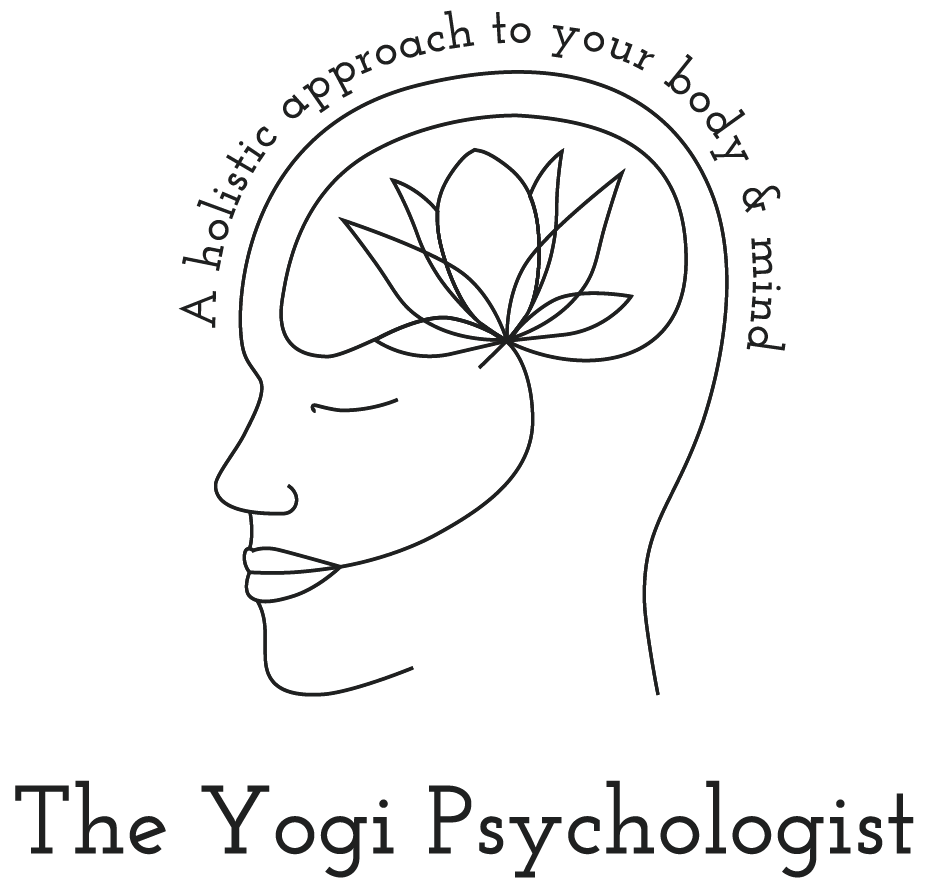What happens in therapy?
Ongoing therapy will look different depending on the therapist and what the individual is looking for, but will be a mixture of talking and asking questions, working on a variety of skills with you, and looking at your values or goals. Some therapists may also bring some movement in to the session, as well as breath work or mindfulness.
At The Yogi Psychologist we recommend meeting one of our team once or twice to decide if they feel like a good fit for you - a good therapeutic relationship is essential to having a good outcome of therapy. Equally, if we do not feel we are the best fit for you and your specific difficulties, we may refer you to another specialist. The first one or two sessions of therapy are ‘assessment’ sessions where the psychologist will ask you lots of questions to get a sense of your current difficulties, as well as asking around other areas of your life, such as your family, work, day to day habits.
The types of therapy offered by our psychologists includes: Compassion-Focused Therapy (CFT), Cognitive-Behavioural Therapy (CBT), Eye Movement Desensitisation and Reprocessing (EMDR), Acceptance and Commitment Therapy (ACT), psychodynamic approaches, person-centred and humanistic skills, family therapy and systemic approaches, and somatic (body based) approaches. To learn more about these feel free to contact us with your questions.
What’s the difference between therapy and coaching?
Coaching generally differs from therapy by being more structured and goal-based than therapy. It doesn’t tend to go into historical events in the same depth, rather focusing on future outcomes. Coaching can be used for work (career coaching or executive coaching), helping you to manage specific difficulties or aim for specific outcomes, or to develop your strengths as a leader, for example. Life coaching looks at an overall picture of your life and helps you to move towards your ideal future self.
The Yogi Psychologist team offer therapeutic coaching, as with our backgrounds in psychology, we will inevitably bring our experience and skills in psychology into the coaching process too.
The BACP describes coaching as: supporting individuals, teams or groups in achieving greater self-awareness, improved self-management skills and increased self-efficacy, so that you can develop your own goals and solutions. It is a collaborative, conversation-based process, which emphasises and builds on your existing and developing strengths. It is often focused on supporting you in making changes, either to how things are at present or to your near and distant future. Sessions may be quite structured and directional or interactive.
Training coaches have can vary widely, and it is not a regulated industry, so it is important to discuss this with your coach first.
What’s the difference between psychologists, psychotherapists, or psychiatrists?
All the different job titles can be very confusing! Please see below for a very brief summary of the different types of therapist.
Training as a clinical or counselling psychologist involves completing a 3-year doctorate, after having completed a BSc in Psychology as well. Clinical and counselling psychology are more similar than different. Both will have seen a required number of clients, worked with a variety of clients, and trained in a number of therapeutic models, as well as completing research and being committed to evidence-based practice.
A clinical psychologist may have worked with a wider range of different client areas during their training whilst counselling psychologists often work in a particular area for longer. Counselling psychologists often straddle the world of psychologist and psychotherapist (see more about psychotherapists below).
All members of The Yogi Psychologists are Counselling or Clinical Psychologists (HCPC registered). In addition our team is always completing further training and education, so you can be confident you will be meeting with a well-qualified and experienced professional. When you see a psychologist, it’s important to check the HCPC register (you can do that here) to ensure your professional is registered. Being registered by the Health Care and Professionals Council means we are regulated, have to have a certain level of training, and have to adhere to a set of standards.
A counsellor usually has some level of training in counselling, such as a certificate, or a diploma, and is usually trained in one or two therapeutic approaches. These are often less structured forms of talking therapies such as humanistic or person-centred therapies, although they may also be trained in more structured approaches such as CBT. Often you would see a counsellor for shorter term work. The training level and approach of counsellors can vary hugely however, so it may be helpful to read more about counsellors here.
A psychotherapist usually has a longer, more in-depth training programme than a counsellor. In addition, you may expect to work with a psychotherapist for longer, more in-depth therapeutic work. Psychotherapists will be required to have their own personal therapy during the training.
A psychiatrist is a medical doctor who has then specialised in mental health difficulties. They tend to use more medical or diagnostic terminology, and can prescribe medication, which often forms part of their treatment plan. Sometimes psychiatrists have completed additional training in therapeutic approaches and may also offer this within treatment.
What are your fees?
Our fees are £130 per 50 minute individual client session, or £150 for couples. Please contact us to ask about insurance companies, we work with a select few.
Is there anyone you don’t work with?
At present, our team does not specialise in: severe eating disorders or ongoing difficulties around alcohol or drug addiction. We regret that we are also unable to see you if you are actively suicidal or self-harming - all of our clinicians are part-time and we cannot provide a crisis service, and we would recommend that you are under an NHS team’s care in order to get the appropriate support required. We do not provide formal diagnosis, medication or prescriptions, or psychological or neuropsychological assessments or testing.
